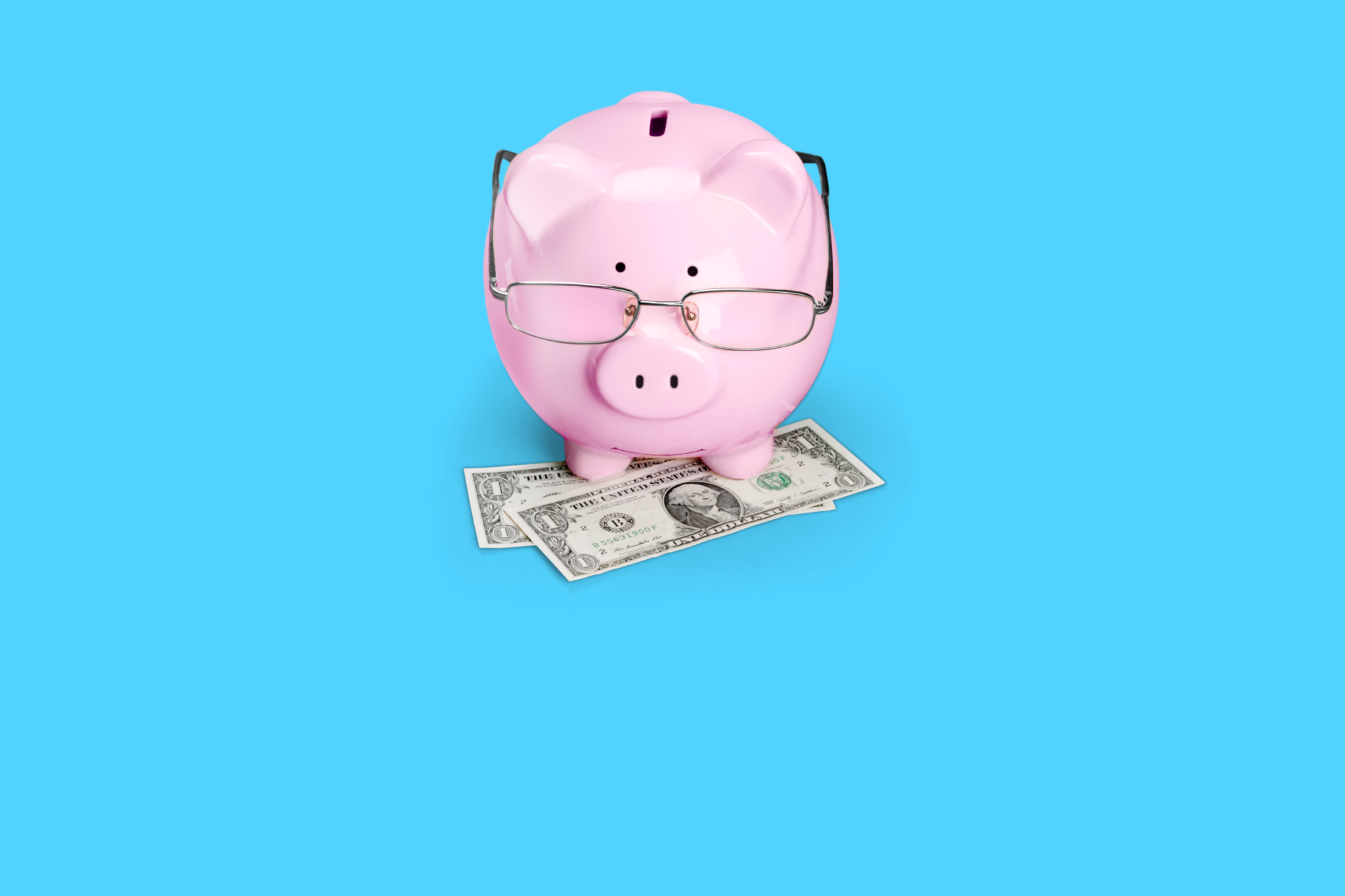Buyer Closing Costs Explained
The home buyer’s closing costs vary depending on where they buy a home. While everything is negotiable, there are accepted standards in each area of which fees are paid by the buyer and which are paid by the seller. It is often easier to negotiate the sales price than it is to change these accepted standards.
Here are the typical buyer closing costs for a home bought in Glendale Ca. This post is relevant and useful for most communities and cities in the greater Los Angeles area.
Beginning Of Escrow – Fees and Costs
Here is the money that will leave your accounts when you open escrow on your home.
Inspections $500 – $1500+ buyers are choosing to do multiple inspections during the escrow period. Almost everyone gets a general home inspection (about $500), but you might also inspect the sewer line, chimney, foundation or pool. Bonus Read: What is a Home Inspection?
Initial Deposit 3% – The normal initial deposit is 3% of the purchase price. This money is held in the escrow account and is part of your total down payment. If you cancel the contract for a legitimate reason the deposit is returned to you. Bonus Read: Three Main Contingencies
Appraisal Fee ~$600 – Your bank wants to make sure the home you want is worth at least 80% of the purchase price. The appraiser either works for the bank or is pulled from a statewide pool of appraisers.
Closing Costs for Glendale Buyers
There are two types of Closing Costs, recurring (pro-rated or on-going) and non-recurring (one time only). Most of the time a home buyer’s closing costs are between 1% – 2% total. We will use the buyer’s closing costs for an example home that sold for $837,000 in Glendale in 2019. Here are the most common items in each category.
Non-Recurring Buyer Closing Costs
Escrow Fees
Escrow. The escrow fee is for the service of administering the terms of the contract – who gets what money when and under what conditions. The buyer and seller typically split this fee in the middle. In our example the buyer portion of the escrow fee was $1764. In a seller controlled market, the seller typically picks the escrow company.
Loan Tie-In – If you have a loan, this fee is to cover the expenses of following the lenders strict guidelines and rules to get the loan funded. In our example, this fee was $450
Processing Fee – This fee can vary depending on the complexity of your situation. Divorces, business partnerships, trustees, spouses and more need to be dealt with. In our example escrow, this fee was $150
Notary and Courier – State law says each notarized signature is at least $15. Loan documents can require multiple signatures from each party. In addition, a traveling notary will be an additional $150 – $250 charge. A courier charge is anywhere from $20 – $150.
Title Fees
Lender’s Title Insurance – The seller pays for the base title insurance policy, but your lender wants extra protection with the Lenders’ Title Policy. In our example escrow, this fee was $634.
Recording – The fees charged to record the new title. In our example, the total fees were less than $150
Lender Fees
Lender fees are the largest variable in a buyer’s closing cost calculation. This is because a buyer may choose a loan with higher upfront fees (points) but a lower interest rate.
Here are the most common non- recurring lender fees.
Points or Origination Fee – our example escrow did not have any origination fee
Underwriting – this fee is for vetting all of your documentation to make sure you qualify for the loan. Our example buyer paid $1595
Appraisal – We already mentioned this in our Beginning of the Escrow section. Our example buyer paid $500 for the appraisal.
Recurring Buyer Closing Costs
Some of your on-going expenses of owning a home are charged upfront at the close of escrow. While this is just the cost of homeownership, it is still painful to see the money leave all at once!
Property Insurance – your insurance company typically charges the annual fee upfront
Pro-rated Interest – your lender will collect the balance of the month upfront. Closing escrow at the end of the month will reduce this charge to a minimum.
Pro-Rated Property Tax – The amount will depend on when you close in the property tax calendar. It is possible to get a credit if the seller has paid ahead of the deadline.




